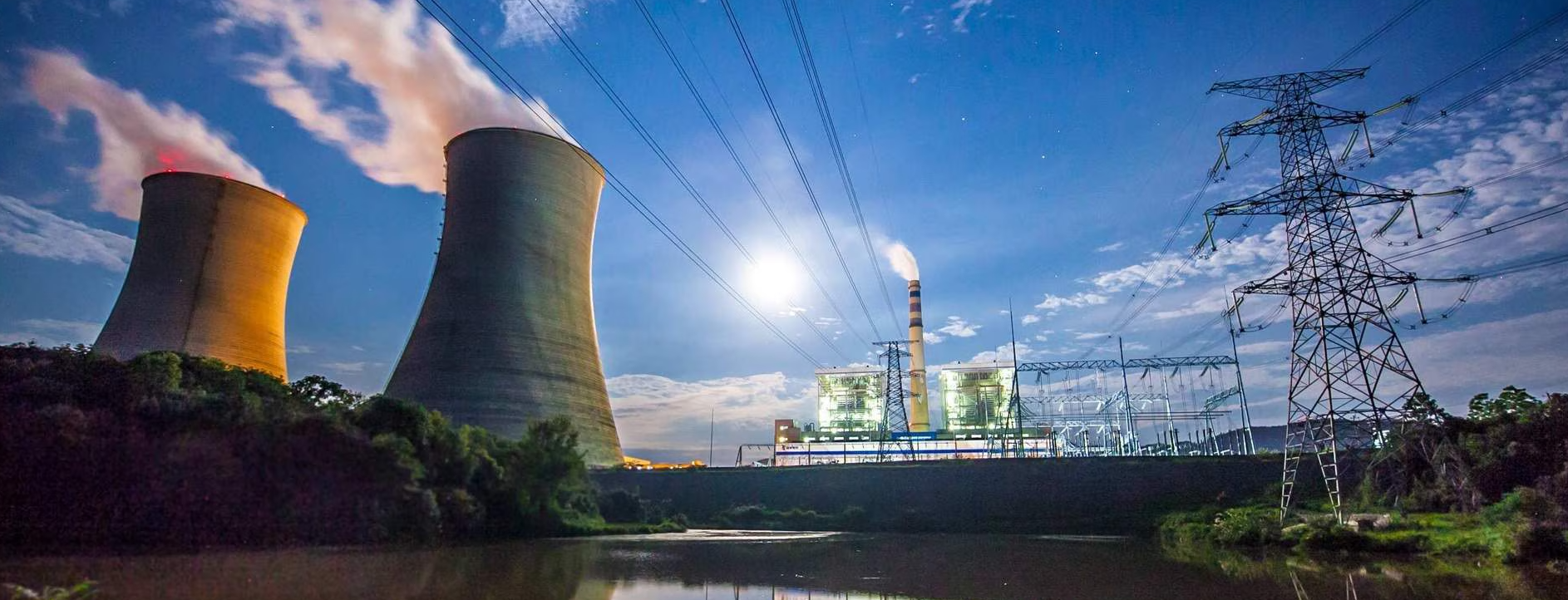Regulation
"This is the way" - U.S. moves to add space as the 17th critical infrastructure sector

"As our economy and essential communication systems become increasingly reliant on the support of space-based systems and services, we must act accordingly to increase the safeguards that shield them from any potential threats"
In a move designed to protect critical space operations, the United States is currently working through the new Space Infrastructure Act introduced by Congressman Ken Calvert, a Californian Republican and co-chair of the Congressional Aerospace Caucus.
The space sector is already designated as critical infrastructure by two of the Critical Five forum members with the United Kingdom and Australia both mandating protections against evolving threats.
The European Union Agency for Cybersecurity (ENISA) published a review of the cybersecurity threat landscape of space in March this year, building on efforts to strengthen the security and resilience of commercial satellites as the number of launches by competing New Space companies rapidly increases:

The report recommends cybersecurity controls and mitigation strategies for commercial satellite systems and architectures and examines current practices by five organisations that govern the sector for leading launch nations. This includes satellite lifecycle models applied in Europe, the U.S. and Japan from ESA, Germany's BSI, NASA and NIST and Japan's JAXA.
A World Economic Forum report from April 2024 projected that the global space economy will triple to $1.8 trillion by 2035 and hence moves by nation states to secure space operations is unsurprising.
Overcyte is working to develop platform tooling designed for the sector and will be attending the Australian Space Cyber Forum in Adelaide in June. We'll be keeping a close eye on how security frameworks develop as regulation matures.








.png)

